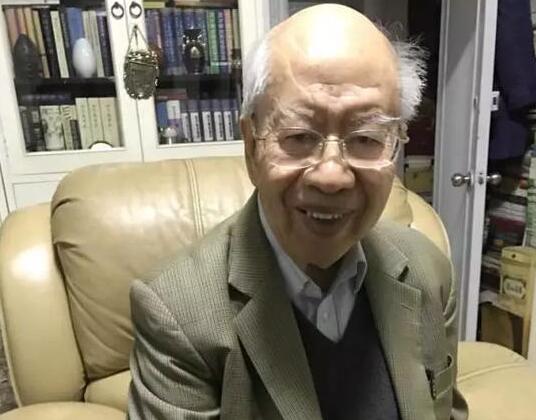80% of Chinese women feel gender discrimination at work
More than 80 percent of women in China experience gender discrimination at work, according to a survey carried out by one of China’s largest job sites.
In the survey released just ahead of International Women’s Day by Zhaopin.com, 81 percent of the female respondents say that they feel gender discrimination at work. About 22 percent of them say the discrimination is “serious,” 59 percent say the discrimination is “moderate,” and only 2 percent of female respondents say they experience no discrimination at all.
Thesurvey is based on answers from 128,576 respondents, 43 percent of whom are female.
About 74 percent of the male respondents say that they feel gender discrimination at work, slightly less than their female counterparts.
Working females who hold higher qualifications experience more discrimination, the survey found. About 43 percentofthe female respondents who havea master’s degree or higher report”serious gender discrimination,” compared to 12 percent of women who graduate from high school, 18 percent of women who graduate from junior college, and 28 percent of women who have only attended college.
Working women have also reported gender discrimination in promotion. More than 80 percent of the femalerespondents say they haveexperienced discrimination in promotion, 25 percent report “serious discrimination,” while only 3 percent say they feel no discrimination at all.
Among all therespondents, 59 percent of men say they had their first promotion after workingfor two years, compared to 49 percent of women — 10 percent less than men. And 72 percentof all the respondentssay their immediate superiorsare male while only 28 percent are female.

